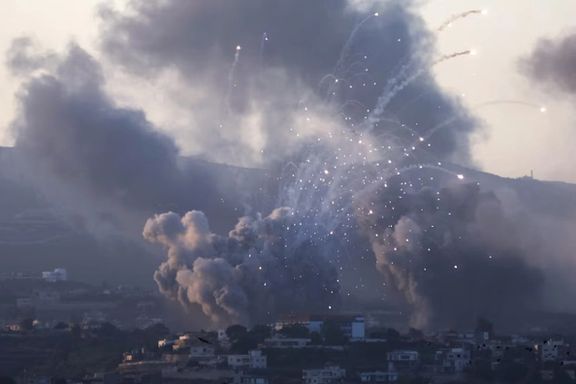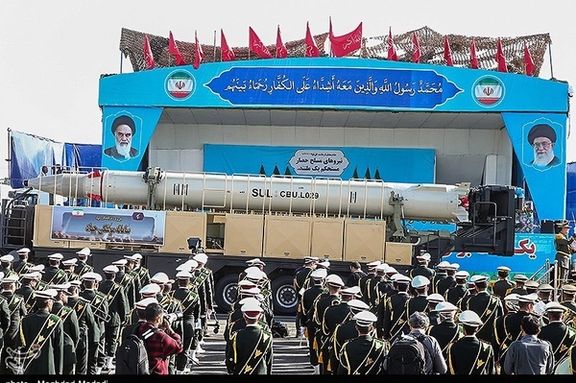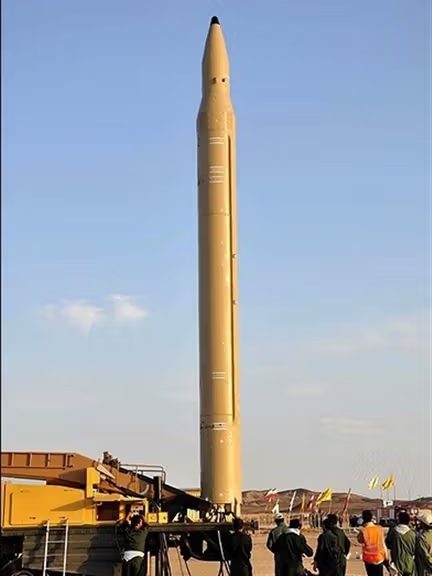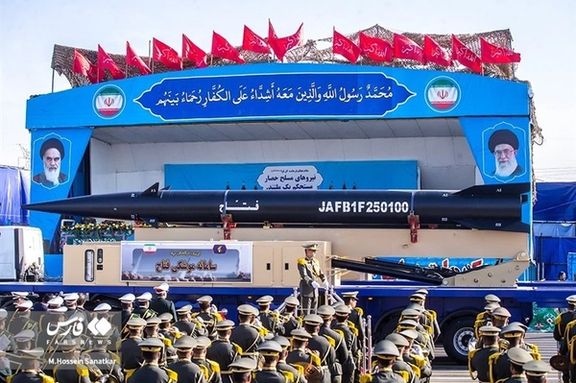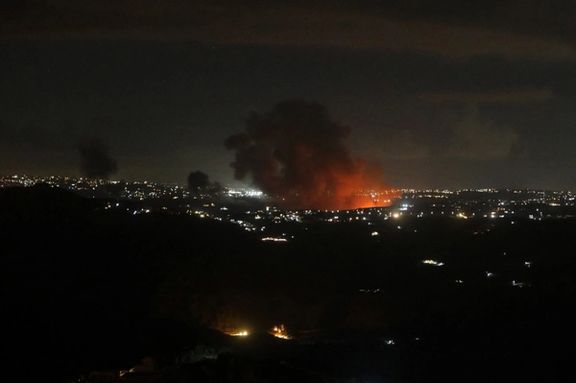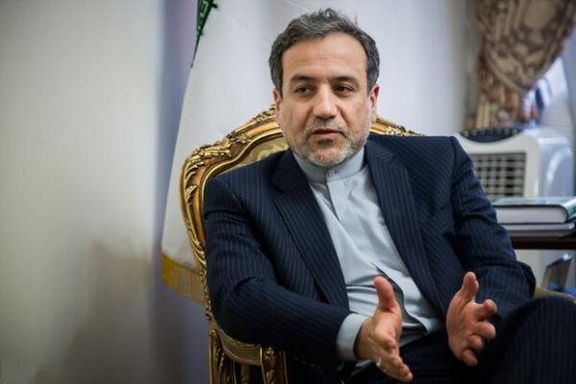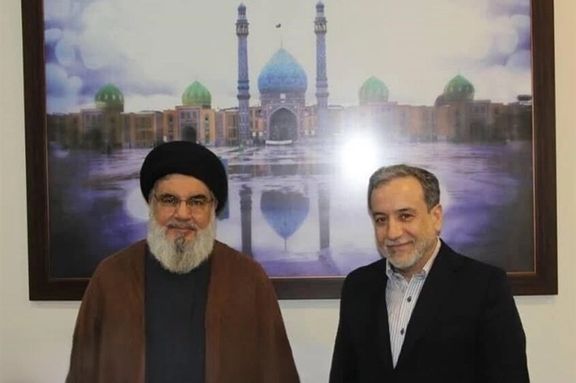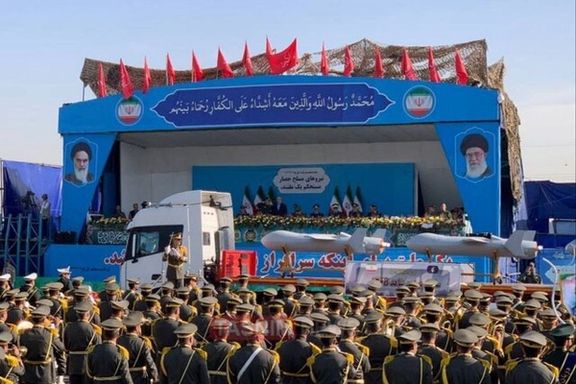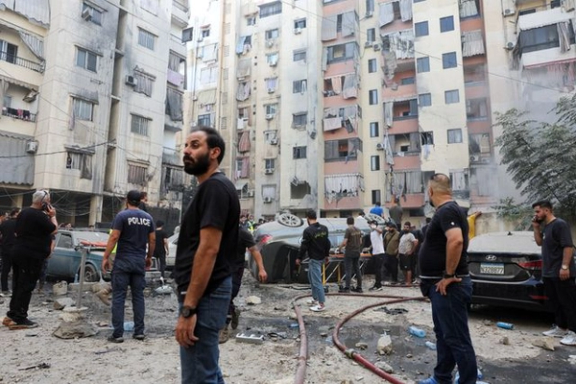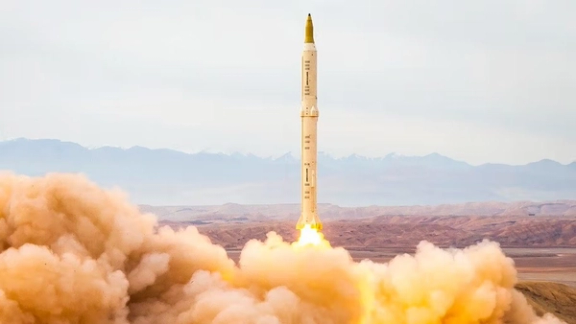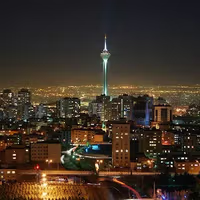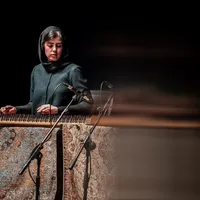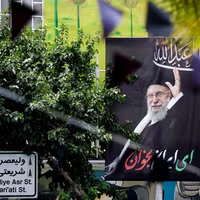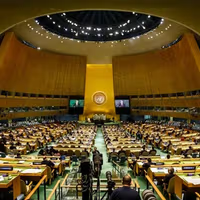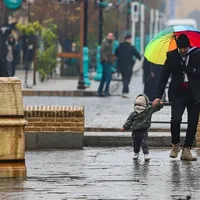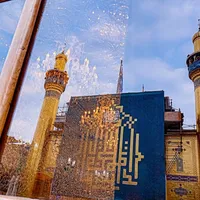His address came after Hezbollah struck deeper into Israel reaching the northernmost city of Haifa in overnight strikes which saw schools in the north closed and residents advised to stay near shelters.
The Israeli military said it struck around 290 targets on Saturday, including thousands of rocket launchers, one of the biggest offensives since the conflict began 11 months ago.
"No country can accept the wanton rocketing of its cities. We can't accept it either. We will take whatever action is necessary to restore security and to bring our people safe back to their homes," he said, as 63,000 Israelis remain displaced amid the conflict sparked by the war in Gaza.
In southern Lebanon, the almost daily exchanges of fire have also seen around 100,000 civilians displaced.
"On October 7th, the Hamas terrorist monsters burst into Israel, murdered our people, raped and beheaded our women, burnt babies alive, and took 255 innocent people hostages, including many Americans," Netanyahu said of the day nearly 1,200 mostly civilians were murdered by Iran-backed Hamas.
"A day later, on October 8th, another Iranian terrorist proxy, Hezbollah, attacked Israel completely unprovoked. They fired missiles and rockets into our cities. They made 60,000 Israelis leave their homes along the Lebanon border, becoming refugees in their own land. In the subsequent months, they haven't stopped for a single day attacking us."
The Israeli military said that over 150 projectiles had been fired overnight from Lebanon, with over 8,000 in total having been fired from Lebanon since October 8 as Hezbollah fights in allegiance with Hamas in Gaza in the country's south.
While most were intercepted, several buildings were struck, including from interception shrapnel, leaving Kiryat Bialik north of Haifa ablaze.
On Sunday, Hezbollah claimed to have hit military and military-industrial sites, but Israel did not comment on the claims.
"We have entered a new phase, the title of which is the open-ended battle of reckoning," Hezbollah deputy chief Naim Qassem told mourners at the funeral of one of the group's commanders killed last week in Beirut.
Israeli Defence Minister Yoav Gallant said strikes would continue until it was safe for the evacuated people in the north to return as the war took a new turn last week.
Last week, hundreds of pagers and walkie-talkies belonging to Hezbollah operatives exploded in a two-day operation which struck deep into Iran's biggest proxy. Israel has not commented on the operation which led to at least 42 deaths and the overwhelming of Lebanon's healthcare system as 3,000 more were injured.
Then on Friday, 37 people including 16 commanders were killed by Israel as it targeted a meeting of the top echelons of the group's leadership. On Sunday, Hezbollah's parliamentary representative Hussein Fadlallah, said the group has already replaced the commanders killed over the weekend.
“There is no vacuum - on the night of the attack in Dahieh, the new commanders were already appointed and began to plan an attack on the enemy. Not a single outpost remains empty of commanders for even a single day,” he said.
On Sunday, the Iran-backed Islamic Resistance in Iraq also claimed to have sent drones targeting an Israeli military base amid the Lebanese onslaught.
The attack from Iraq is believed to be a retaliation for the killing of one of the group’s commanders.
A statement from the group said that on Sunday, the funeral of Abu Haider al-Khafaji, the senior commander of the Iraqi Hezbollah Brigades was taking place at 4pm local time. The group said he was killed in an attack attributed to Israel in Damascus on Friday morning. The funeral is being held in Baghdad.
"Escalation in Lebanon means escalation from Iraq," an official from the group said.
